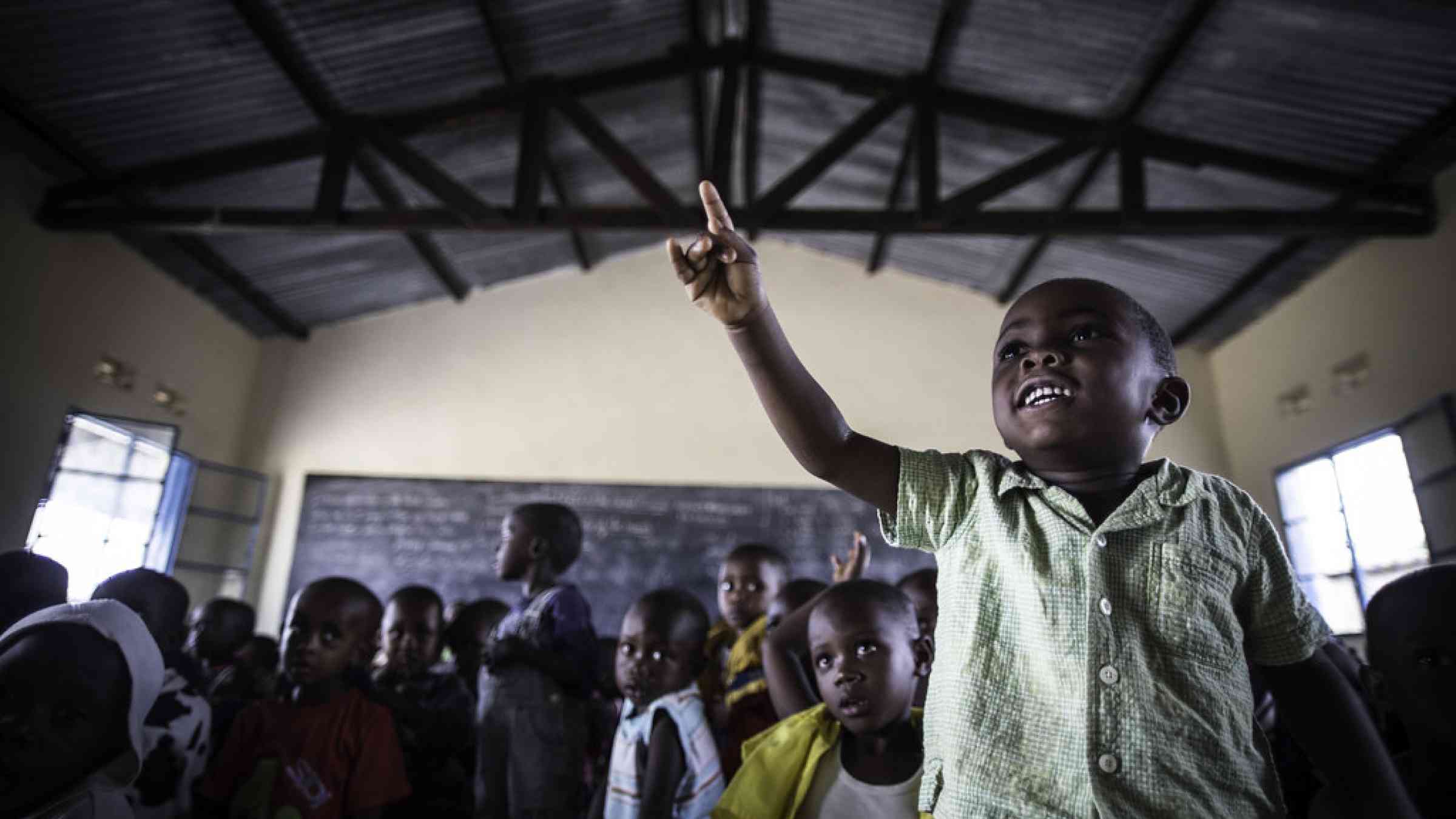WRC5 Technical Session: Institutional Arrangements for Managing Complex Crises
Watch this session on-demand
How institutions are set up to respond, recover and rebuild from complex crises plays a critical role in recovery and reconstruction. Institutions with recovery responsibilities must be identified or established for streamlining or fast-tracking recovery processes. They must be properly resourced to manage and implement what can be long and difficult recovery efforts. This involves clarifying roles and responsibilities across agencies and government partners. Clarity about each institution’s responsibilities is needed to reduce duplication and associated costs, and integrate activities across recovery. Confirming institutional arrangements and clarifying roles/responsibilities is critical at the national, local and community levels. Program implementation requires clear mechanisms to coordinate across private and public sectors, communities, and markets.
The session will share experiences in managing recovery from complex crises. It will focus on successful institutional arrangements, management practices and other innovative solutions to identify elements that can be replicated or adapted to a range of contexts.
Session objectives
- Understand how institutional arrangements can be critical to whether post-crisis recovery succeeds or flounders;
- Highlight the special institutional and managerial challenges that are posed by complex crises, especially those cascading and concurrent events that have coincided with the pandemic;
- Share good practices for institutional arrangements and recovery management at the national, local and community levels that are effective, inclusive and sustainable;
- Identify characteristics of institutional and managerial approaches that can be replicated or adapted to complex crises and a range of country contexts; and
- Elaborate next steps for enhancing resilient recovery through better institutional preparedness.
Moderator
- Ms. Zoe Trohanis, Lead DRM Specialist, Global Facility for Disaster Reduction and Recovery, World Bank
Speakers
- Mr. Ronald Jackson, Head of the Disaster Risk Reduction, Recovery for Building Resilience, UNDP, and Chair of the International Recovery Platform Steering Committee
- Mr. Jarwansah, SPd. MAP, MM, Deputy for Rehabilitation and Reconstruction, BNPB (NDMA), Government of Indonesia
- Mr. Krishna Vatsa, Member, National Disaster Management Authority, Government of India
- Mr. Banak Joshua Dei Wal, Director General, Disaster Management, Government of South Sudan
Learn more
Where do we stand
The world is facing unprecedented threats, from the COVID-19 pandemic to the climate crisis, political polarization and weakening multilateralism, reduced trust in governance systems, continued conflicts and displacement. These crises have exposed weaknesses in our systems and have compounded social, political and economic inequalities, thereby increasing our vulnerabilities. They pose complex, multidimensional challenges that require systemic solutions.
Complex crises are concurrent or cascading emergencies; they pose particular challenges for recovery management. These include: greater emphasis on accurate and timely information for understanding interconnected risks as well as monitoring and evaluating the recovery process; a heightened need for cross-sectoral and jurisdictional coordination to cope with complexity; and more agile human and financial resource mobilization to respond to unanticipated and increased recovery needs. It is critical incorporate these characteristics, especially when recovering from the compound effects of COVID-19, natural disasters and conflicts.
Session guiding questions
- How have existing institutional arrangements performed in response to COVID-19 and concurrent or cascading crises? What good practices are broadly replicable or adaptable in a range of contexts?
- What institutional set-ups and practices best meet the needs of vulnerable populations?
- How have agile approaches to human and financial resource mobilization to respond to unanticipated and increased recovery needs been designed and implemented?
- What are the next steps to improve institutional readiness for complex crises?

Agenda
Location
BICC Ground Floor
Online access
Participation
Open to those registered for the conferenceInterpretation
EN, FR, ESDetails
Contact
Ayaz Parvez aparvez@worldbank.org; Haris Sanahuja hsanahuja@worldbank.org